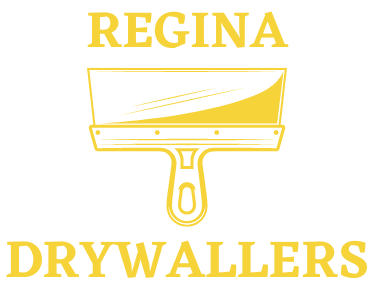Exploring Drywall Insulation
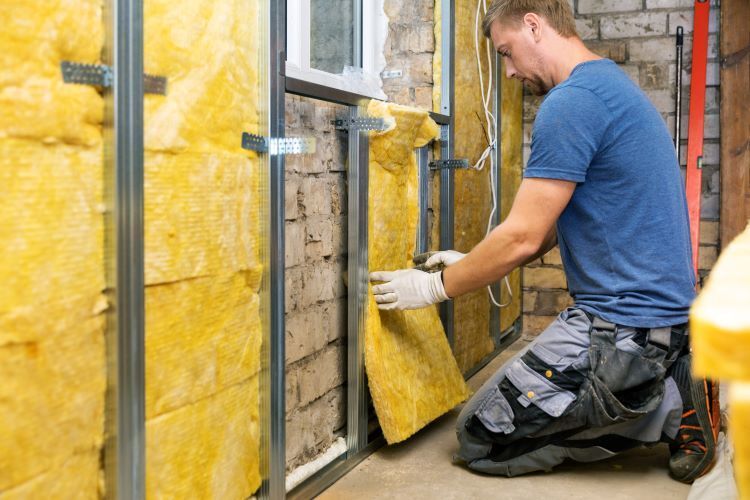
Drywall insulation is a crucial component of any home construction or renovation project. It not only improves energy efficiency but also enhances comfort, soundproofing, and even fire safety. At Regina Drywallers, we believe in the importance of educating homeowners about the benefits of drywall insulation and the various options available. Here’s an in-depth look at why drywall insulation is essential and the different types you can choose from for your home.
Why Drywall Insulation is Important
1. Energy Efficiency
Proper insulation significantly reduces the amount of energy needed to heat and cool your home. This translates into lower utility bills and a reduced carbon footprint. Insulating your walls ensures that your home maintains a consistent temperature, keeping you comfortable year-round.
2. Enhanced Comfort
Insulation acts as a barrier to external temperatures, making your living spaces more comfortable. In the winter, it keeps the cold out and retains the warmth inside. Conversely, in the summer, it helps keep your home cool by preventing the heat from entering.
3. Soundproofing
Drywall insulation also serves as a sound barrier, reducing noise transmission between rooms and from the outside. This is particularly beneficial in busy households or homes located in noisy areas. Enhanced soundproofing creates a more peaceful and quiet environment.
4. Fire Safety
Certain types of insulation materials have fire-resistant properties. Using these materials in your drywall can help slow the spread of fire, providing crucial extra minutes for evacuation and reducing potential damage.
5. Moisture Control
Insulation helps control moisture levels within your walls. This is important for preventing mold growth, which can cause health issues and damage your home’s structure. Proper insulation keeps your walls dry and free from dampness.
Different Types of Drywall Insulation
1. Fiberglass Insulation
Fiberglass insulation is one of the most common types used in homes. Made from fine glass fibers, it is known for its excellent thermal resistance and affordability. It comes in batts or rolls, making it easy to install in walls, ceilings, and floors.
Benefits:
- Cost-effective
- Easy to install
- Non-combustible and resistant to moisture
2. Spray Foam Insulation
Spray foam insulation is a versatile and highly effective insulation material. It expands upon application, filling gaps and cracks to create an airtight seal. This type of insulation is ideal for hard-to-reach areas and irregular spaces.
Benefits:
- Superior air sealing capabilities
- High R-value (thermal resistance)
- Reduces noise and moisture infiltration
3. Cellulose Insulation
Cellulose insulation is an eco-friendly option made from recycled paper products. It is treated with fire retardants and is often blown into wall cavities, providing excellent coverage and insulation properties.
Benefits:
- Environmentally friendly
- Good thermal and sound insulation
- Fire-resistant and pest-resistant
4. Mineral Wool Insulation
Mineral wool insulation, also known as rock wool or slag wool, is made from natural minerals and industrial byproducts. It offers excellent fire resistance and soundproofing qualities, making it a popular choice for both residential and commercial buildings.
Benefits:
- High fire resistance
- Excellent soundproofing
- Moisture and mold resistant
5. Rigid Foam Insulation
Rigid foam insulation consists of panels made from polystyrene, polyisocyanurate, or polyurethane. These panels provide high thermal resistance and are commonly used in exterior walls, basements, and crawl spaces.
Benefits:
- High R-value per inch
- Moisture-resistant
- Durable and long-lasting
6. Reflective or Radiant Barrier Insulation
Reflective insulation involves using a reflective material, usually aluminum foil, to reflect radiant heat away from living spaces. It is often used in attics to reduce cooling costs in hot climates.
Benefits:
- Reduces cooling costs in warm climates
- Easy to install
- Lightweight and durable
Choosing the Right Insulation for Your Home
Selecting the right type of insulation for your home depends on various factors, including your climate, budget, and specific insulation needs. Here are some tips to help you choose the best option:
- Assess Your Needs: Determine whether you need insulation primarily for thermal resistance, soundproofing, or moisture control.
- Consider Your Budget: Some insulation materials are more affordable than others. Balance cost with the benefits offered by each type.
- Think About Installation: Some insulation types are easier to install than others. Consider whether you will be doing it yourself or hiring professionals.
- Evaluate Fire Resistance: In areas where fire safety is a concern, choose insulation with fire-resistant properties.
- Check Environmental Impact: If sustainability is important to you, look for eco-friendly insulation options.
Conclusion
Drywall insulation plays a vital role in enhancing the comfort, energy efficiency, and safety of your home. By understanding the different types of insulation available, you can make an informed decision that meets your specific needs. At Regina Drywallers, we are committed to providing high-quality insulation solutions tailored to your home.
Contact us today to learn more about our services and how we can help you improve your home's insulation.
You Might Also Enjoy:
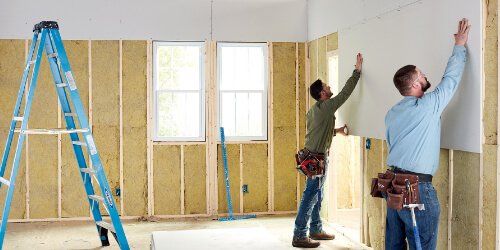
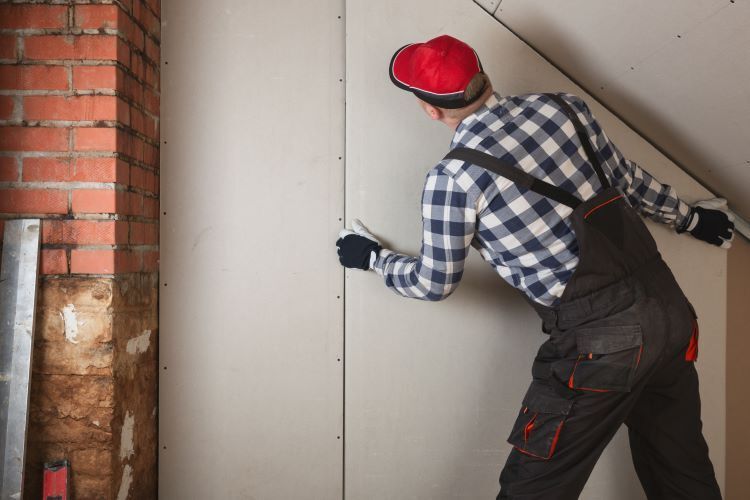
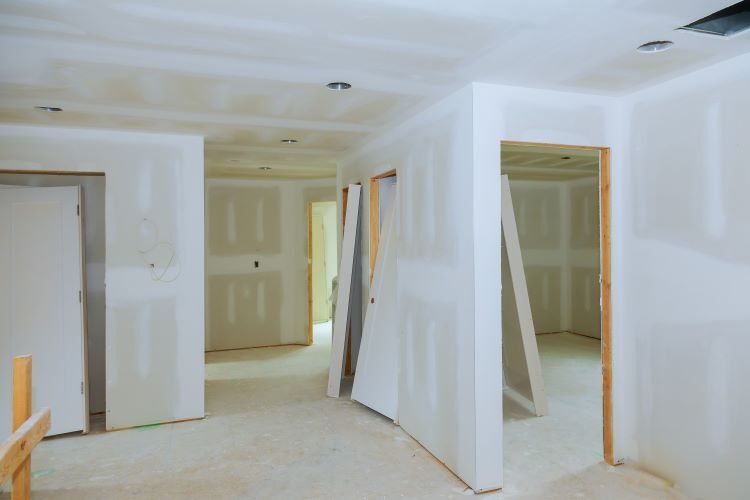
Contact Us!
